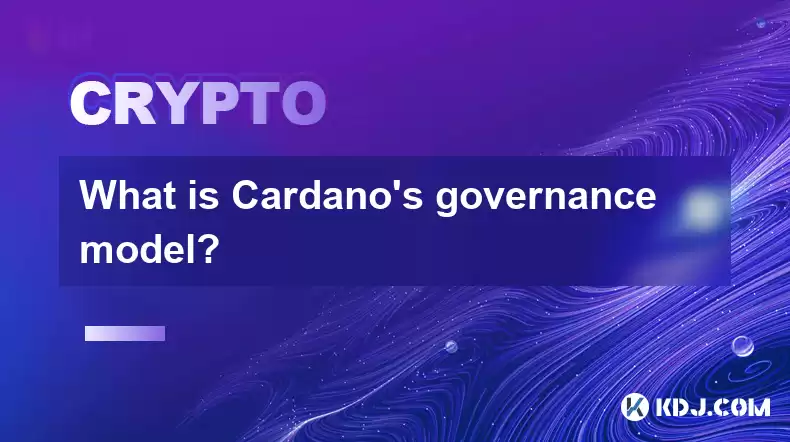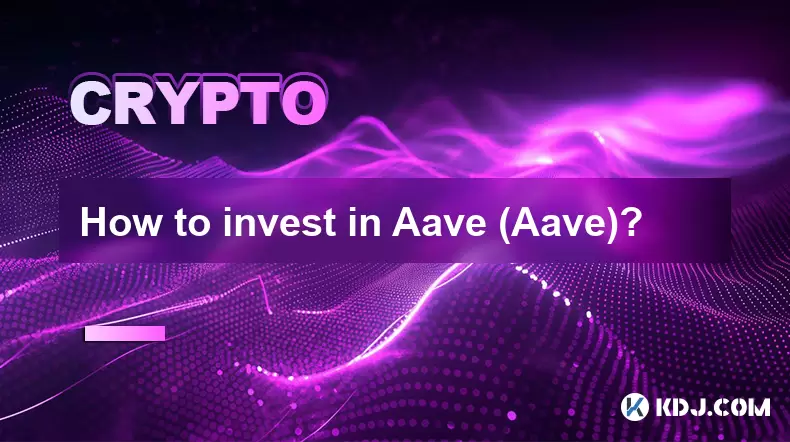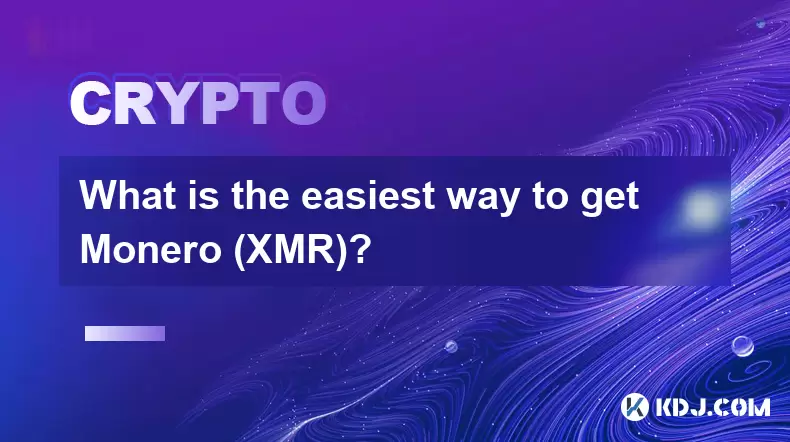-
 Bitcoin
Bitcoin $117400
1.88% -
 Ethereum
Ethereum $3867
5.29% -
 XRP
XRP $3.081
2.58% -
 Tether USDt
Tether USDt $1.000
0.03% -
 BNB
BNB $779.7
0.92% -
 Solana
Solana $171.8
2.11% -
 USDC
USDC $0.9999
0.01% -
 Dogecoin
Dogecoin $0.2172
5.80% -
 TRON
TRON $0.3413
1.41% -
 Cardano
Cardano $0.7641
3.06% -
 Hyperliquid
Hyperliquid $39.69
3.62% -
 Sui
Sui $3.731
6.73% -
 Stellar
Stellar $0.4125
3.55% -
 Chainlink
Chainlink $18.23
8.86% -
 Bitcoin Cash
Bitcoin Cash $579.5
1.41% -
 Hedera
Hedera $0.2538
4.02% -
 Ethena USDe
Ethena USDe $1.001
0.00% -
 Avalanche
Avalanche $22.81
2.82% -
 Litecoin
Litecoin $121.7
1.10% -
 UNUS SED LEO
UNUS SED LEO $8.962
-0.33% -
 Toncoin
Toncoin $3.324
2.94% -
 Shiba Inu
Shiba Inu $0.00001263
2.30% -
 Uniswap
Uniswap $10.24
4.95% -
 Polkadot
Polkadot $3.780
3.09% -
 Dai
Dai $1.000
0.03% -
 Bitget Token
Bitget Token $4.432
1.64% -
 Cronos
Cronos $0.1493
3.87% -
 Monero
Monero $256.7
-9.05% -
 Pepe
Pepe $0.00001092
3.99% -
 Aave
Aave $279.0
6.11%
What is Cardano's governance model?
Cardano's decentralized governance model, facilitated by CIPs and the Treasury, ensures community involvement in decision-making and funding initiatives for ecosystem growth.
Feb 15, 2025 at 09:43 pm

Key Points of Cardano's Governance Model
- Cardano's governance model is a decentralized, community-driven system that allows stakeholders to participate in the decision-making process.
- The governance model is based on a two-layer structure, with the Cardano Improvement Proposals (CIPs) and the Cardano Treasury overseeing changes to the protocol and funding proposals, respectively.
- Stakeholders can participate in the governance process by voting on CIPs, submitting proposals to the Cardano Treasury, or delegating their voting power to stake pool operators.
- The governance model is designed to be fair, transparent, and inclusive, ensuring that all stakeholders have a voice in the direction of the Cardano project.
How Cardano's Governance Model Works
1. Cardano Improvement Proposals (CIPs)
Cardano Improvement Proposals (CIPs) are formal documents that propose changes to the Cardano protocol. CIPs are submitted by community members and undergo a rigorous review process before being voted on.
The CIP process is designed to ensure that only well-considered and technically sound proposals are submitted for community review. Proposals must meet specific criteria, including a clear statement of the problem being addressed, a detailed description of the proposed solution, and an assessment of the potential impact on the Cardano ecosystem.
Once a CIP has been submitted, it is assigned a number and posted to the Cardano GitHub repository. The community then has a period of time to review the proposal and provide feedback. Feedback is collected through discussions on the Cardano Forum and other community channels.
After the feedback period has ended, the CIP is revised and submitted for a vote. The vote is conducted using the Cardano blockchain, with all stakeholders who have delegated their voting power to stake pool operators eligible to participate.
If a CIP receives a majority vote in favor, it is considered approved and is incorporated into the Cardano protocol.
2. Cardano Treasury
The Cardano Treasury is a pool of funds that is used to fund research, development, and marketing initiatives that support the growth of the Cardano ecosystem. The Treasury is funded by a portion of the transaction fees paid by network users.
Stakeholders can submit proposals to the Cardano Treasury for funding. Proposals should describe the project being funded, the amount of funding requested, and the expected benefits to the Cardano ecosystem.
Proposals are reviewed by a team of experts and voted on by the community. If a proposal receives a majority vote in favor, it is approved and funded from the Cardano Treasury.
3. Stakeholder Participation
All stakeholders in the Cardano ecosystem can participate in the governance process. Stakeholders can vote on CIPs, submit proposals to the Cardano Treasury, or delegate their voting power to stake pool operators.
To vote on CIPs, stakeholders must:
- Have a Cardano wallet
- Delegate their voting power to a stake pool operator
- Vote on the CIP using the Catalyst voting platform
To submit a proposal to the Cardano Treasury, stakeholders must:
- Have a Cardano wallet
- Fill out the proposal submission form
- Submit the proposal to the Cardano Treasury team for review
To delegate their voting power to a stake pool operator, stakeholders must:
- Have a Cardano wallet
- Choose a stake pool operator
- Delegate their voting power to the operator using the Catalyst voting platform
Benefits of Cardano's Governance Model
Cardano's governance model provides a number of benefits, including:
- Fairness: All stakeholders have a voice in the governance process.
- Transparency: The governance process is open and transparent, with all decisions recorded on the blockchain.
- Inclusivity: All stakeholders are encouraged to participate in the governance process, regardless of their stake size.
- Flexibility: The governance model is flexible and can be adapted to meet the changing needs of the Cardano ecosystem.
FAQs
What is the difference between a CIP and a Cardano Treasury proposal?
CIPs propose changes to the Cardano protocol, while Cardano Treasury proposals request funding for projects that support the growth of the Cardano ecosystem.
How often do CIPs and Cardano Treasury proposals get voted on?
CIPs are voted on approximately every two months, while Cardano Treasury proposals are voted on quarterly.
How can I participate in the governance process?
You can participate in the governance process by voting on CIPs, submitting proposals to the Cardano Treasury, or delegating your voting power to a stake pool operator.
Disclaimer:info@kdj.com
The information provided is not trading advice. kdj.com does not assume any responsibility for any investments made based on the information provided in this article. Cryptocurrencies are highly volatile and it is highly recommended that you invest with caution after thorough research!
If you believe that the content used on this website infringes your copyright, please contact us immediately (info@kdj.com) and we will delete it promptly.
- Pi Coin's dApp and AI Potential: Building a Decentralized Future
- 2025-08-08 02:30:12
- Ruvi AI Takes the Lead: Outshining Dogecoin on CoinMarketCap
- 2025-08-08 02:50:12
- Cryptos Under $1: Is Ripple Still the King?
- 2025-08-08 03:50:12
- Cold Wallet, Bonk Price, ICP Price: Navigating the Crypto Landscape in 2025
- 2025-08-08 03:56:12
- Memecoins, Low-Cap Gems, and the Hunt for 10,000x Gains: What's Next?
- 2025-08-08 02:50:12
- Bitcoin, Greenidge, and Liquidity: Navigating the Crypto Currents in NYC
- 2025-08-08 02:30:12
Related knowledge

Where can I buy UMA (UMA)?
Aug 07,2025 at 06:42pm
Understanding UMA and Its Role in Decentralized FinanceUMA (Universal Market Access) is an Ethereum-based decentralized finance (DeFi) protocol design...

What exchanges support buying IOTA (MIOTA)?
Aug 07,2025 at 09:58pm
Understanding the Role of Private Keys in Cryptocurrency SecurityIn the world of cryptocurrency, private keys are the cornerstone of ownership and con...

What is the best app to buy EOS?
Aug 07,2025 at 04:35pm
Understanding EOS and Its Role in the Cryptocurrency EcosystemEOS is a blockchain platform designed to support decentralized applications (dApps) with...

What platforms support buying Fantom (FTM)?
Aug 08,2025 at 01:56am
Overview of Fantom (FTM) and Its EcosystemFantom (FTM) is a high-performance, scalable, and secure layer-1 blockchain designed to overcome the limitat...

How to invest in Aave (Aave)?
Aug 08,2025 at 01:07am
Understanding Aave (AAVE) and Its Role in DeFiAave is a decentralized finance (DeFi) protocol that enables users to lend, borrow, and earn interest on...

What is the easiest way to get Monero (XMR)?
Aug 08,2025 at 02:56am
Understanding Monero (XMR) and Its Privacy FeaturesMonero (XMR) is a privacy-focused cryptocurrency that ensures complete anonymity in transactions th...

Where can I buy UMA (UMA)?
Aug 07,2025 at 06:42pm
Understanding UMA and Its Role in Decentralized FinanceUMA (Universal Market Access) is an Ethereum-based decentralized finance (DeFi) protocol design...

What exchanges support buying IOTA (MIOTA)?
Aug 07,2025 at 09:58pm
Understanding the Role of Private Keys in Cryptocurrency SecurityIn the world of cryptocurrency, private keys are the cornerstone of ownership and con...

What is the best app to buy EOS?
Aug 07,2025 at 04:35pm
Understanding EOS and Its Role in the Cryptocurrency EcosystemEOS is a blockchain platform designed to support decentralized applications (dApps) with...

What platforms support buying Fantom (FTM)?
Aug 08,2025 at 01:56am
Overview of Fantom (FTM) and Its EcosystemFantom (FTM) is a high-performance, scalable, and secure layer-1 blockchain designed to overcome the limitat...

How to invest in Aave (Aave)?
Aug 08,2025 at 01:07am
Understanding Aave (AAVE) and Its Role in DeFiAave is a decentralized finance (DeFi) protocol that enables users to lend, borrow, and earn interest on...

What is the easiest way to get Monero (XMR)?
Aug 08,2025 at 02:56am
Understanding Monero (XMR) and Its Privacy FeaturesMonero (XMR) is a privacy-focused cryptocurrency that ensures complete anonymity in transactions th...
See all articles

























































































